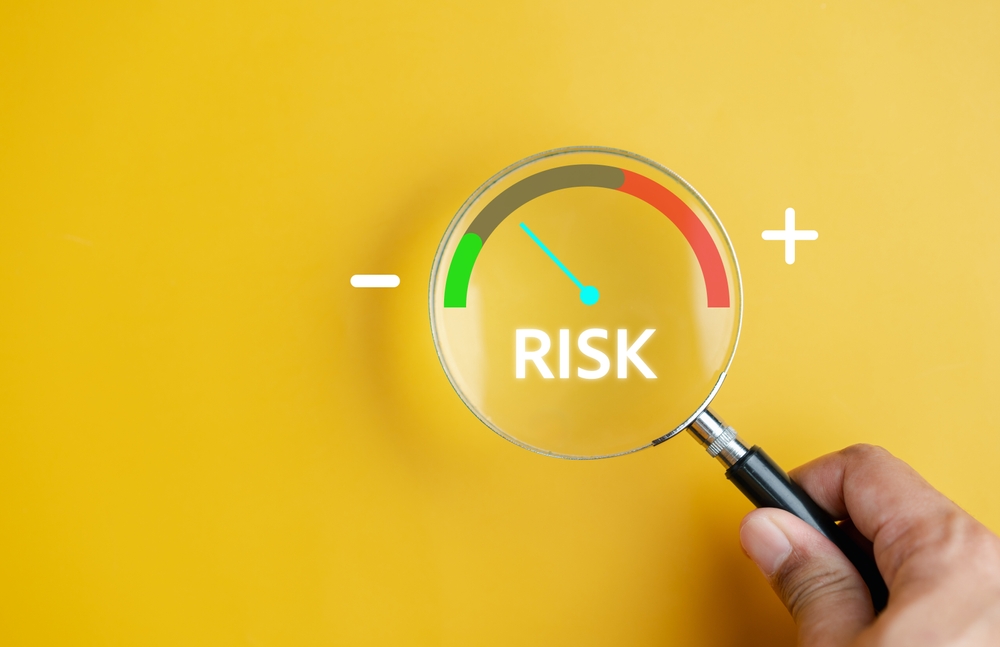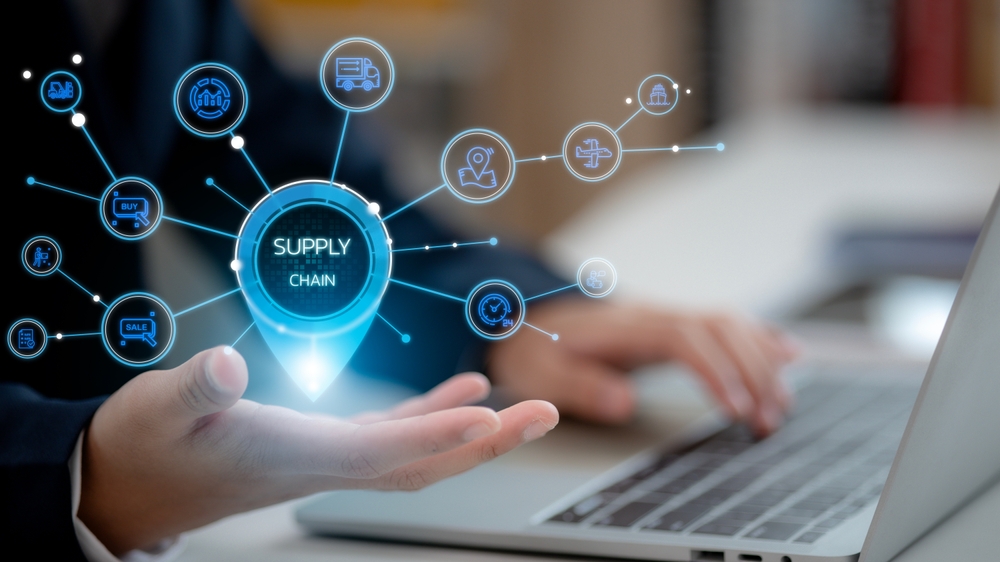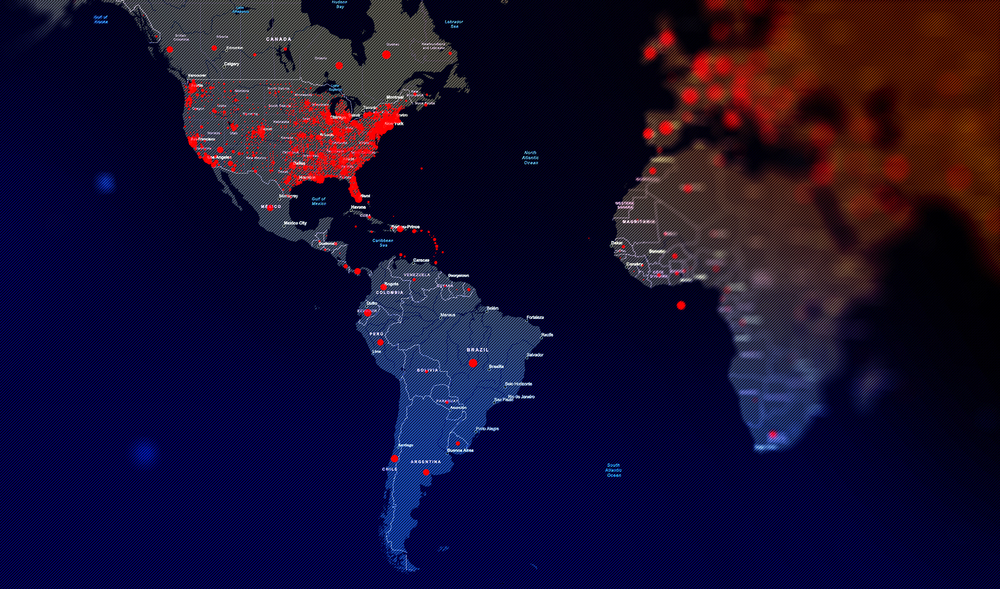Book Reviews
Philosophical Aesthetics
Quantum Computing
Global Value Chains
Peace and Stability Operations
Autonomous Intelligent Enterprise
Artificial Intelligence

Global Value Chains
The Cocoa Crisis and the Holidays
Cocoa prices surged due to weather problems in West Africa, disease, and aging trees, raising chocolate costs. Companies are increasing prices and exploring alternatives like gene editing and improved cocoa extraction techniques.

Global Value Chains
Risk Management: Sleeping When the Wind Blows
Organizations face unprecedented chaos in a BANI world (Brittle, Anxious, Nonlinear, Incomprehensible), requiring AI-powered solutions that deliver resilience, explainability, anticipation, and lucidity (REAL) to navigate complex supply chain risks effectively.

Global Value Chains
Reimagining Supply Chain Management
Organizations must move beyond VUCA and BANI frameworks by getting REAL—becoming Resilient, Explainable, Anticipatory, and Lucid—through AI-driven autonomous supply chains that successfully transform operational chaos into competitive advantage.

Global Value Chains
Will There Be Any Ho, Ho, Ho-liday Shopping?
Holiday sales expected to grow 4%, reaching $975 billion—slowest since pandemic. Consumers prioritize value and experiences over discretionary spending. Successful retailers must emphasize omnichannel strategies and value beyond discounts.Retry

Global Value Chains
Food Trends Are Redefining the CPG Sector
The food and beverage industry faces declining sales due to inflation while companies adapt to emerging consumer trends including wellness, functional foods, sustainability, clean labels, AI technology, and weight-loss innovations.

Global Value Chains
The Importance of the Global South
The Global South represents 85% of global population and growing economic power. China dominates partnerships there while America risks losing influence over critical minerals, markets, and future growth.
.jpg)
Personal Dispatches: Reflections on today’s society through the lens of Fortune Magazine December 1941

Global Value Chains
The Dragons Threatening Supply Chains in 2025
The article discusses major supply chain risks for 2025, including global realignment, climate change, geopolitical conflicts, cyber attacks, trade restrictions, and reputational concerns. Companies must prepare for both known and unexpected disruptions to build resilience.

Global Value Chains
Consumers are Beginning to Sour on the Economy
Consumer confidence has fallen sharply since Trump's inauguration in 2025, driven by concerns over inflation, tariffs, and policy changes. This reverses the positive sentiment seen after his re-election in 2024.

Global Value Chains
Will Strong Consumer Sales Continue in 2025?
Despite high interest rates and inflation, US consumer spending remains strong in early 2025, with holiday sales up 4%. However, concerns about tariffs, diminishing savings, and changing consumer behaviors could impact future spending.

Global Value Chains
Trends 2025: Supply Chain
The article discusses key supply chain trends for 2025, highlighting uncertainty as the main challenge. Major focuses include AI adoption, supply chain diversification, sustainability, cybersecurity, automation, and the growing importance of customer experience.

